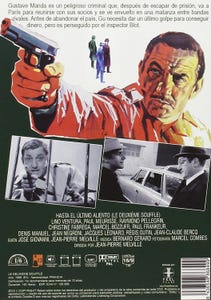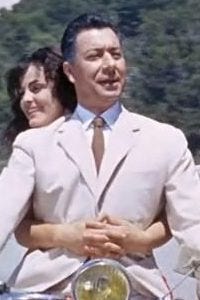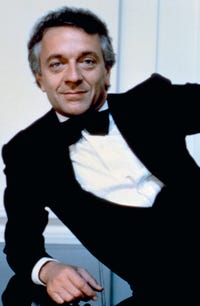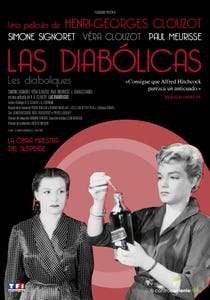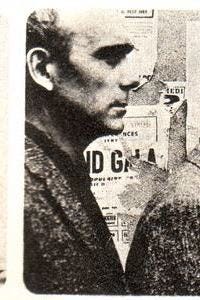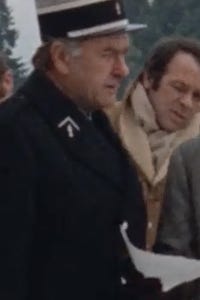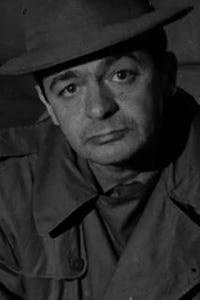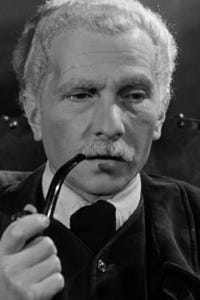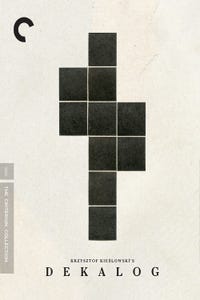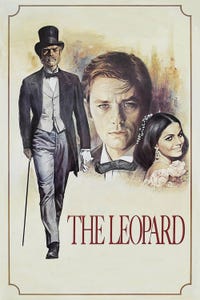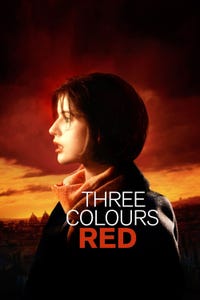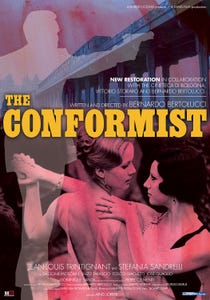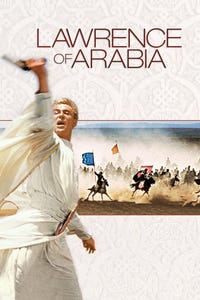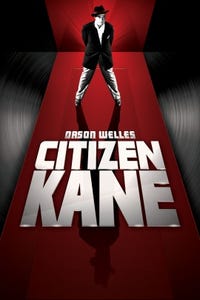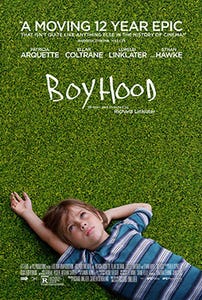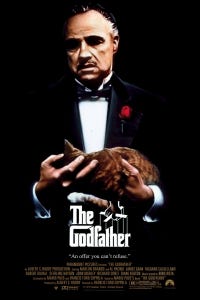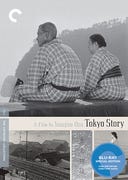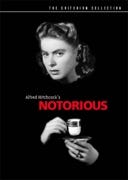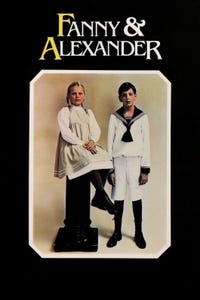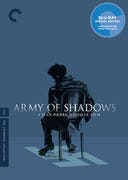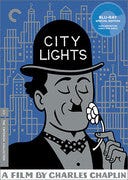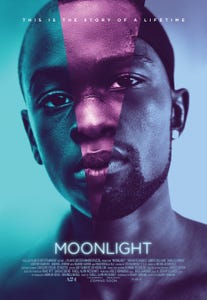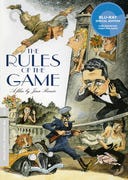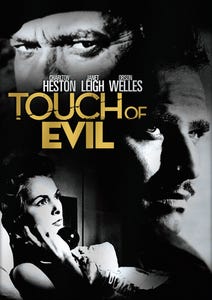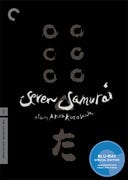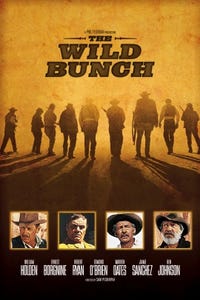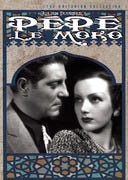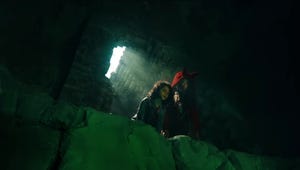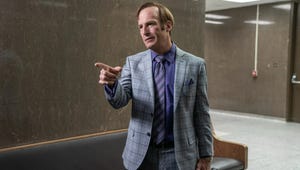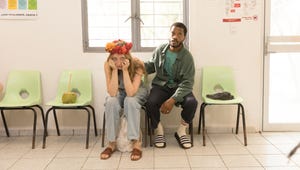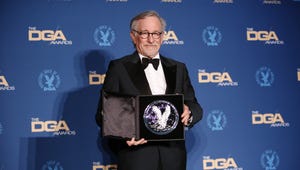X
- 2006
- Not Rated
- 2 h 25 m
- 2006
- Not Rated
- 2 h 25 m
Summary Making its U.S. debut, Jean-Pierre Melville's 1969 Army of Shadows is an intimate epic of the French Resistance in WWII.
Directed By: Jean-Pierre Melville
Written By: Joseph Kessel, Jean-Pierre Melville
- 2006
- Not Rated
- 2 h 25 m
- 2006
- Not Rated
- 2 h 25 m
Army of Shadows
7.8
Where to Watch
Summary Making its U.S. debut, Jean-Pierre Melville's 1969 Army of Shadows is an intimate epic of the French Resistance in WWII.
Directed By: Jean-Pierre Melville
Written By: Joseph Kessel, Jean-Pierre Melville
Where to Watch
Top Cast
Metascore
Universal Acclaim
Based on 24 Critic Reviews
99
100% Positive
24 Reviews
24 Reviews
0% Mixed
0 Reviews
0 Reviews
0% Negative
0 Reviews
0 Reviews
Metascore
Universal Acclaim
Based on 24 Critic Reviews
99
100% Positive
24 Reviews
24 Reviews
0% Mixed
0 Reviews
0 Reviews
0% Negative
0 Reviews
0 Reviews
From the first sight of German soldiers goose-stepping past the Arc de Triomphe to a postscript that spells out the fate of characters whose moral confusion is all too real, Army of Shadows is a movie of its time -- and ours.
A masterpiece.
User Score
Generally Favorable
Based on 59 User Ratings
7.8
83% Positive
49 Ratings
49 Ratings
10% Mixed
6 Ratings
6 Ratings
7% Negative
4 Ratings
4 Ratings
User Score
Generally Favorable
Based on 59 User Ratings
7.8
83% Positive
49 Ratings
49 Ratings
10% Mixed
6 Ratings
6 Ratings
7% Negative
4 Ratings
4 Ratings
An experience that can not be defined. The story is slow but really effective. and the cinematography is a masterpiece. The precision that Melville had in this movie is beautiful and each shot of the movie could be framed and hanged on the wall. The opening of the movie is marvelous. it showed the conquering of Paris with just a slight decrease of the angle of the camera. The colors of the movie give the feeling of coldness and dilemma. The movie ends with one of the most unsettling killing scenes of all time and the end credits are all the characters smiling in small circles. these are just a few reasons that this is one of the greatest movies and my favorite of all time.
one of the greates masterpreces ever turned on cinema ever rrrrrrrrrrrrrrrrrrrrrrrrrrrrrrrrrrrrrrrrrrrrrrrrrrrrr
A film masterpiece, restored more than three decades after its French release, "Army" remains a superb, coolly accurate portrait of a living hell recalled by two men who knew it well and record it truly, Melville and novelist Joseph Kessel.
The result is a brilliant and relentless thriller, painted in Melville's trademark shades of charcoal and midnight blue, marked by daring escapes, unimaginable moments of self-sacrifice and unconscionable acts of betrayal.
It's a white-knuckler all the way, with most of that tension coming from the smallest facial expressions exchanged in uneasy silence between compatriots who knew what they were getting into, but were nevertheless unprepared for the moral and emotional fallout of their patriotic actions.
Deeply engrossing and deep in numerous other ways that one scarcely encounters at the movies anymore.
Lino Ventura is grand as a solemn resistance leader. He's backed by a knockout cast that includes Simone Signoret.
This is simply an amazing thriller/drama about the French resistance movement during world war 2. There are some scenes so tense they are hard to watch, and other scenes that are brilliantly poignant, and all of it is incredibly well acted. Melville at his top form.
This film is one of the darkest, uncompromising and unsettling movie products of the 1960s - a war movie with no bars and a moral prerogative as gray as the walls of the many prison cells we find the characters in.
To capture the sense of fatalism this film portrays is no easy task, even when dealing with a story set in the midst of war, in this case during the **** occupation of France, because most of the time it's not given the right dimension, but that's the actual main strength of Army of Shadows. Its characters are really fighting in the shadows, and one mistake or betrayal means death.
Army of Shadows takes place during a war, but it's not a war film. It certainly involves espionage, but it's one that feels much more rooted in what that actually entails, rather than anything sensationalist.
This story is about the fear and tension of living that way, battling that fight. It's a suspenseful experience focused on keeping you in that state, so if you get more of a thrill from experiencing that stress than you would from action sequences, this film deserves your full attention.
On the surface, there is not a lot of satisfaction in watching Army of Shadows. Set in the 1942, the French resistance runs operations against the **** that either outright fail, fizzle out, are aborted, or are minor victories. There is no climax or crescendo to these depictions. There is no honeymoon period with director Jean-Pierre Melville leaving no time for those in the resistance to lick their wounds or reveal in victory, instead dumping them in the next situation. There is no telling what will come around the bend for those in the resistance, instead they are doomed figures restricted to hiding in the shadows and await their own demise, all while fighting for the future of a **** France. Powerful, solemn, tragic, and cold, Melville's Army of Shadows continues to find supporters due to its stirring depiction of men and women uniting to fight for their country with no expectation of success, reward, or glory. Instead, they do it because they must, if their children are to ever know freedom.
Criticized for glorifying Charles de Gaulle by French critics in 1969, Army of Shadows wound up getting forgotten and only received an American release in 2006. The odd part, of course, is that De Gaulle is in one scene and, if anything, the film does anything but glorify the resistance. They are the heroes of this tale, yes, but Melville is entirely honest about the resistance. These are not wholly good men or women. Their cause may be a valid and heroic one, but their means and willingness to kill those who inform on them certainly calls into question just how truly "good" the members of the resistance are. Pitted against the ****, it is impossible to not root for the resistance, but Melville never shies away from those seedy elements that show the duality of evil on both sides of this conflict. Just because one side has a good cause does not mean all of the evil done in the name of the cause is entirely justified. While Melville himself had experience fighting with the resistance, even he recognize that the means used by the resistance were not always savory and worthy of praise, even if their cause was one in which he fully believed.
With cold, flat blues and grays adorning the film, it is impossible to not come away believing this to be a solemn and melancholy work. It thrills and keeps the viewer hooked, but beats you down with unrelenting bleakness. While these men and women lay their life on the line every day to free France from the ****, one thing is absolutely certain: they will all die. They are operating on a set clock that, at any moment, could end with them being caught and tortured. As a result, perhaps the only possible future for them that gives them any sense of relief or bliss is their ability to commit suicide via a cyanide capsule when they are caught. None of these characters live to see France liberated, nor do they expect to be able to see this event. Rather, they fight to advance that possibility and open the doors for others to finish what they have started. In many ways, their mission is just an elongated suicide mission. It is hopeless and it will kill them, but is more valuable to their country and fellow man than words could ever hope to describe.
Perhaps the most prevalent theme in the film is just how difficult it is to truly resist an oppressive government such as the ****. It is in this depiction that Army of Shadows reveals just how little it seeks to romanticize its heroes. Showing them murder people or escape capture just to put themselves in a position to have success on a mission, something inevitably goes wrong for this band of rebels. No matter what they do, no matter how perfectly thought out and executed, there is always some extenuating circumstance that necessitates their retreat or aborting of the mission. In large part, this is due to the overwhelming presence of the Gestapo. Like a band of stormy weather bearing down an unwilling city, it does not matter how prepared you because they will engulf you eventually. The resistance can hide in any number of shadows they want to, but the **** will always be right around the corner ready to arrest them, torture them, and let them wither away in a cell. It is the equivalent of standing in a room with the wall and ceiling closing in on you. There is no escape, but you sure as hell with try to fight against the wall before it crushes you.
Apparently, a whole bunch of people seem to think that Army of Shadows is just superb, while I find myself, not for the first time, wondering just what it is that French filmmakers are trying to accomplish when they produce a film.
I mean, I know a few things about the Resistance. I've read a few things about the Resistance. I admire these people for their courage and sacrifice. But this film does little or nothing at all to illuminate their accomplishments.
Very early in the we meet a character who claims to be a traveling salesman. He says he was arrested because he happened to be walking through a square or plaza just as a riot or something erupted. And this could well serve as the epitaph for most of the characters in the film, who do little besides smoke cigarettes and talk about who was just arrested and who might be arrested next.
You'd think that given two hours and twenty-five minutes of footage someone might've found the time to film a raid or two or maybe some sabotage. You'd think they could get deeply into the characters so that the audience get to feeling a little invested in what's happening on the screen. You'd think, if this film is such a masterpiece, that a little suspense or excitement might be building by the time we pass the one hour mark. But you'd be wrong.
The film is as flat as a pancake. The characters are cardboard. The action is almost non-existent. And if the French didn't like it . . . well, what more need be said?
Awards
Los Angeles Film Critics Association Awards
• 1 Win & 1 Nomination
New York Film Critics Circle Awards
• 1 Win & 1 Nomination
National Society of Film Critics Awards, USA
• 1 Win & 1 Nomination

